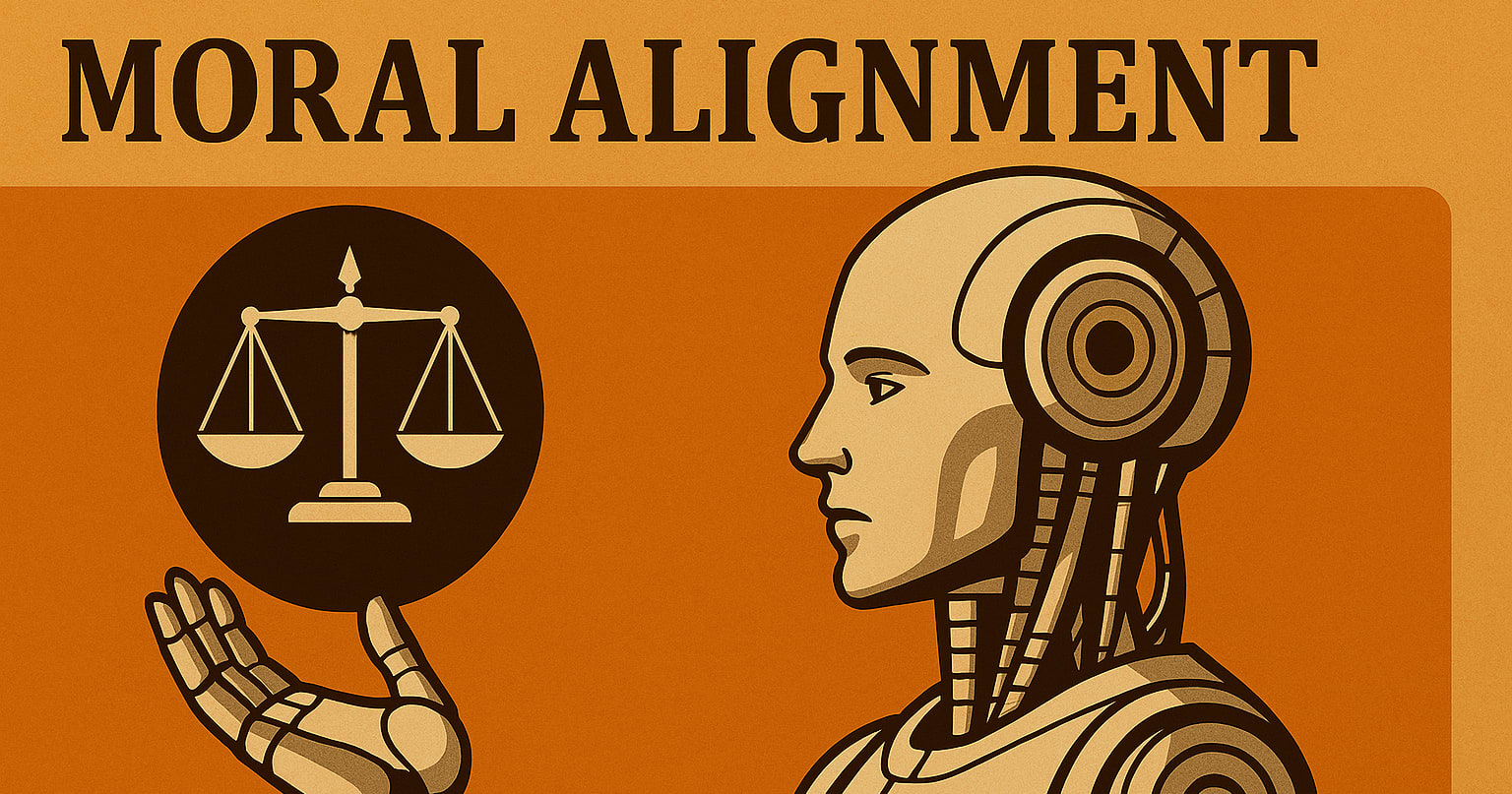I recently posted a summary of every Replacing Guilt post.
I also made a tier-list, ranking the posts based on how helpful or insightful I found them.
I could put a bunch of caveats about how my tier list might differ from yours, and how a lot of this is subjective, and--
But here's my tier list. I've also included quotes for the top 10.
S+
Encountering one of your actual moral bonds feels very different indeed. A true opportunity to execute a moral commitment feels not like an obligation, but like a privilege. It feels like executing a Screw The Rules I'm Doing What's Right trope...
That's what a true moral impulse feels like, when you find one. Not like an obligation, but like a piece of cold iron found deep in your core, the thing that you touch — or that touches you — in the moment that you really see the best option available to you, the moment that you realize you already know which way this choice is going to go.
Can you look upon those dark worlds and feel a sense of despair, of the world being harder to fix than seems acceptable? Do you get a feeling of bracing yourself for making terrible tradeoffs, because there are too many problems and you can't handle all of them? If so, that's good: that's what it feels like, to see the dark world...
Take up the burden that is supposed to be unbearable. Don't excuse the world, don't come up with reasons why it's OK. Let it be not OK. What happens then? What do you feel then?
If you really need to succeed on a task, then I suggest that you resolve to refuse to excuse your failure, in the event that you do fail. Even if the failure was understandable. Even if you failed for unfair reasons, due to things you couldn't have foreseen. Simply refuse to speak the excuse...
Understand your errors, and learn from them, but if people demand to know why you failed, say only, "I'm sorry. I wasn't good enough." You may add "and I think I know what I did wrong, and I'll work to fix it, and I'll do better next time," but only if that's true.
S
I have a message for you: You can, in fact, care about the outer world. And you can steer it, too. If you want to.
Shoulds are for retrospectives, not for deliberation
If you must feel guilty, I recommend feeling guilty not about what you did or didn't do, but about the pattern of behavior that corresponds to acting against your will. Don't feel guilty for going to this party, feel guilty for the general pattern of giving into peer pressure, or misjudging how much fun you'll have, or overindulging. Because this is the sort of guilt that I know how to address head-on.
Close your eyes, and pretend you're arriving in this body for the very first time. Open them and do some original seeing on this person you now are. Rub your hands together, look around, and take stock of your surroundings. Do some internal checks to figure out what this body values, to figure out what it is you're fighting for. Check the catalog of plans and upcoming actions. Check the backlog of memories and obligations...
It can be quite liberating to be a new homunculus, without any obligation to propagate the errors of the old one.
Now imagine you have a child, who grows to the same age that you were then, who finds themselves in exactly the same situation. Maybe they, too, hurt somebody badly -- they didn't consciously realize how badly they were about to hurt a friend until one moment too late, and now they feel terrible. Or maybe they, too, tried to do something important, and found it hard, and started doubting themselves, and spiraled downwards into a depression that they now have trouble climbing out of.
Imagine what you might feel towards your child, in this scenario.
Instead of treating the red walls as an unwelcome message about reality failing to go the way you wanted, you might treat them as a simple indicator of where you ended up. Instead of feeling despair, you may simply feel like you've figured out which you you are.
The second person, who does not have 'try' in their vocabulary, is forced to say what specific actions they are actually taking — and now, failure on the entire problem is much further down on the list of possible outcomes.
If you want to remove the word 'try', I suggest not finding a near synonym, but increasing the granularity of your descriptions. Don't say "I'm trying to solve this math problem," say "I'm transforming the problem into a programming problem so I can see it from a different angle", or "I'm gameifying the problem so that my intuitions can get a better handle on it," or "I'm producing random algebraic manipulations of this equation in desperate hope that one of them happens to be the answer," or "I'm staring at the problem waiting for my gut to say something for enough time to pass that I can give up without losing face."
A+
- Half-assing it with everything you’ve got
- Caring about something larger than yourself
- Not yet gods
- Stop trying to try and try
A
- Failing with abandon
- You’re allowed to fight for something
- Should considered harmful
- Don’t steer with guilt
- Update from the suckerpunch
- Detach the grim-o-meter
- Come to your terms
- Transmute Guilt into resolve
- Obvious advice
- Defiance
- How we will be measured
A-
B




Thanks for sharing! I might start reading from your most recommended. :)